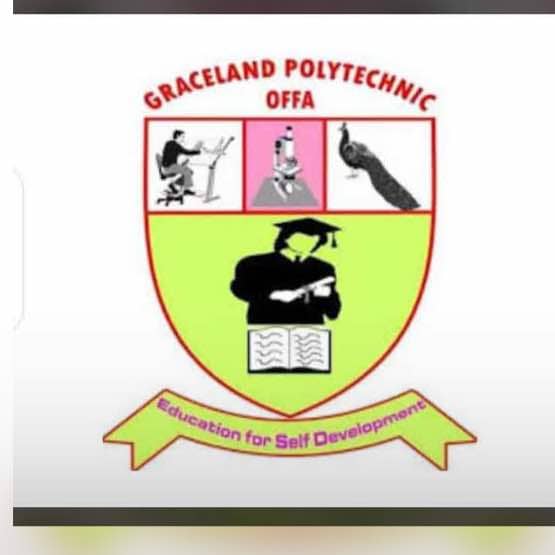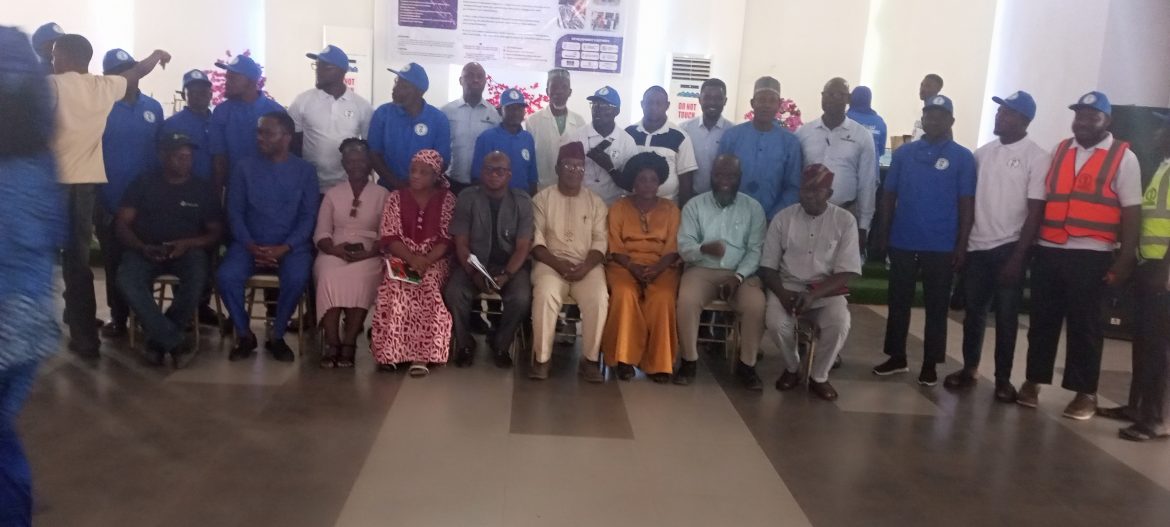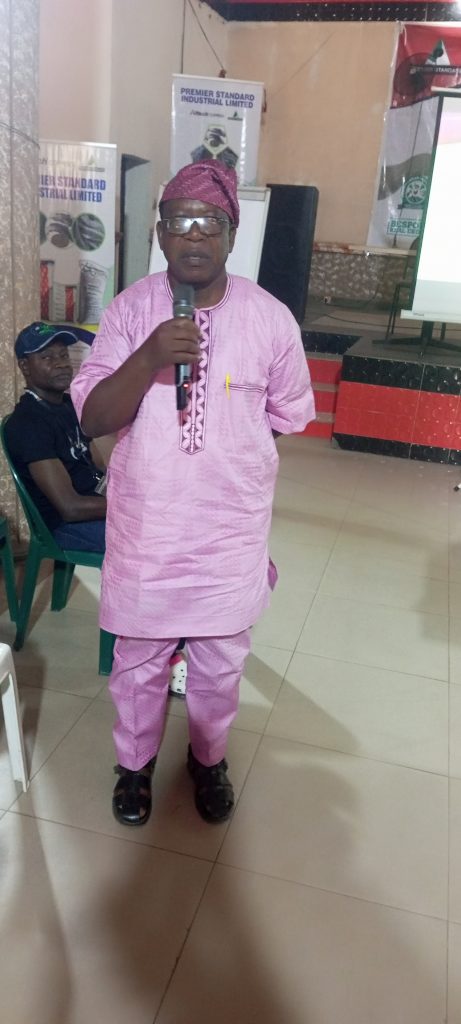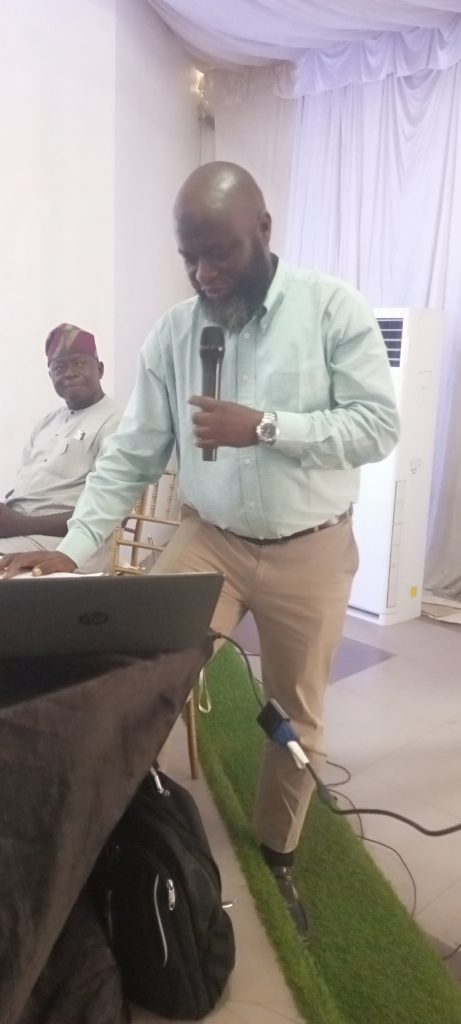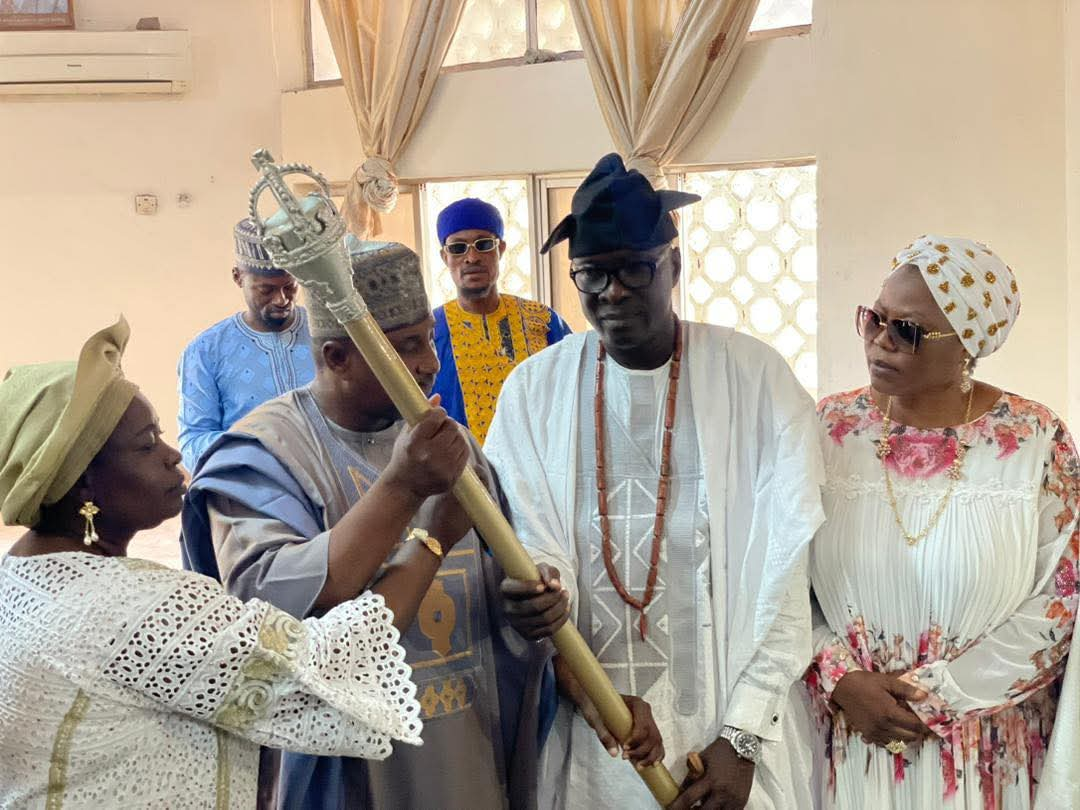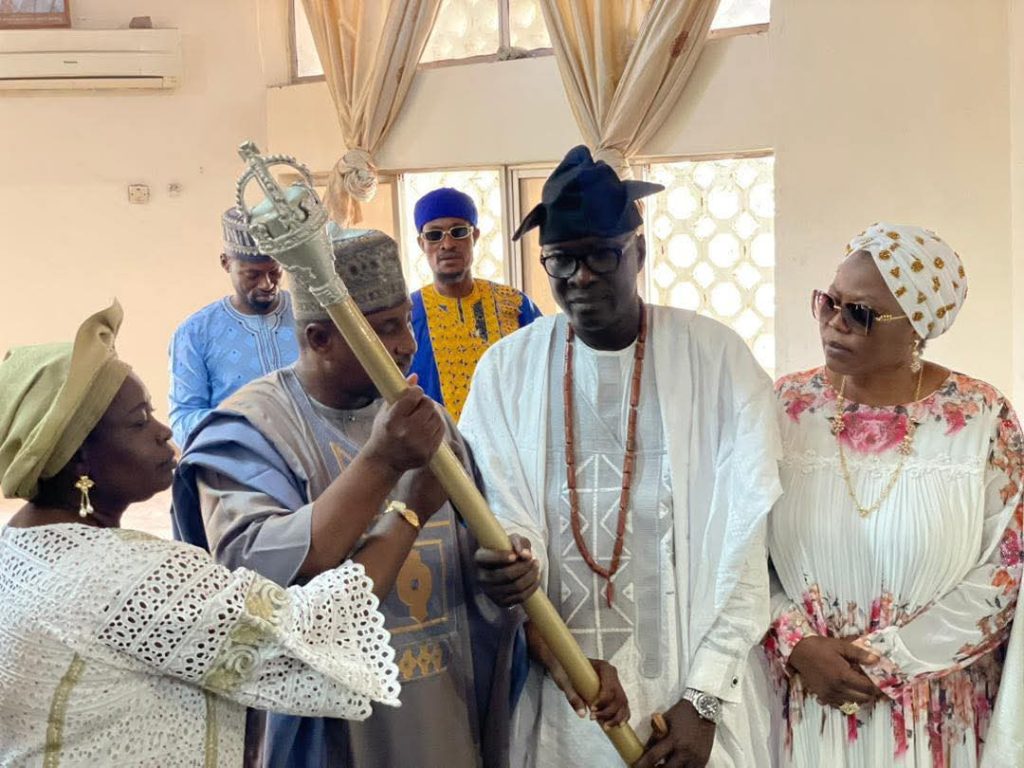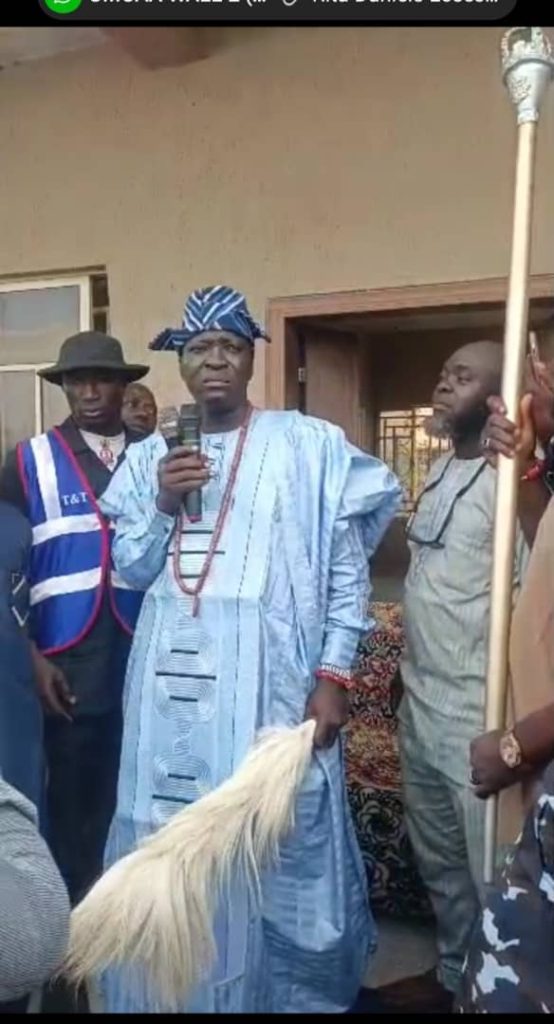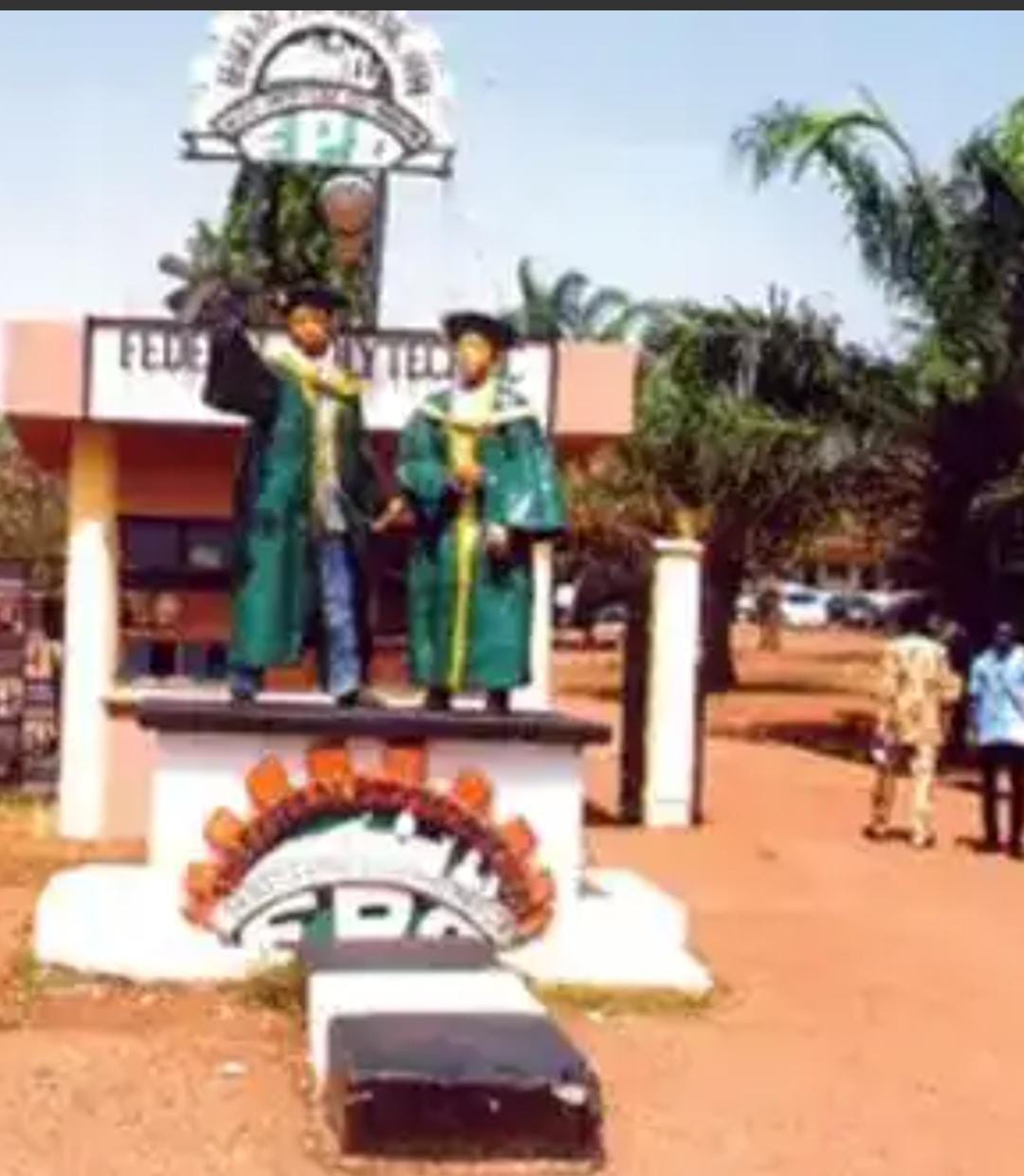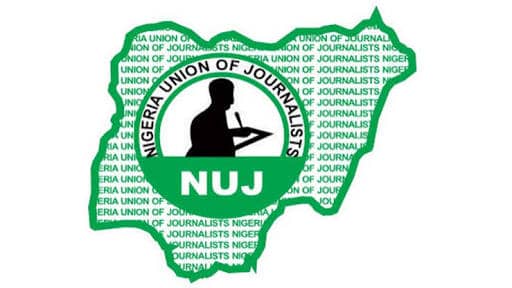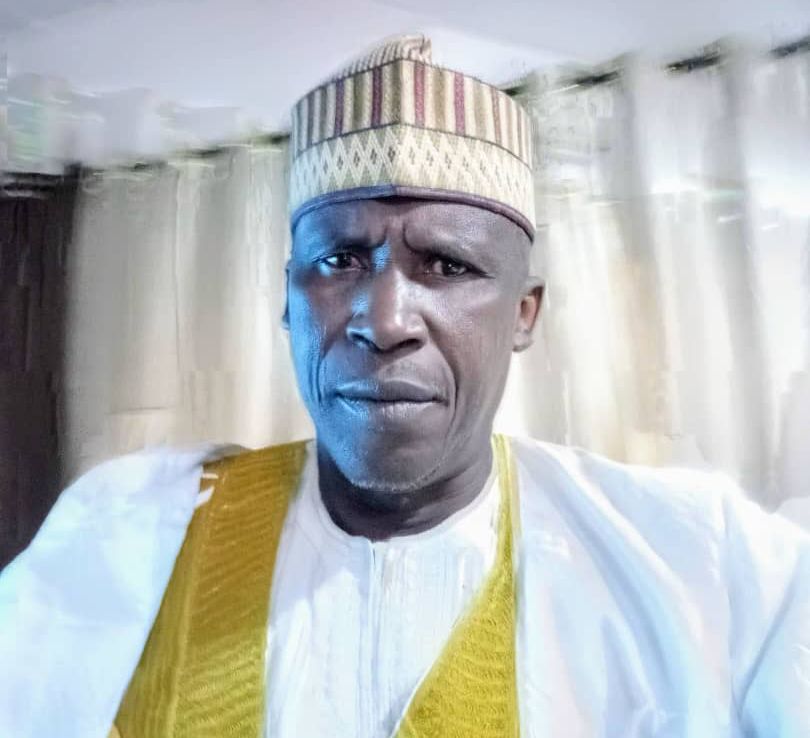The Management of Graceland Polytechnic, Offa has read with concern the publication by Informant247 titled “How Graceland Polytechnic Offa admitted students for unaccredited courses, left them to their fate after graduation.” While the institution respects the role of the media in public enlightenment, the report is replete with inaccuracies, half-truths, and omissions of material facts, which have unfortunately presented a distorted narrative to the public.
NBTE Approval: The Verified Facts
Graceland Polytechnic, Offa is a duly licensed private Polytechnic approved by the National Board for Technical Education (NBTE). Specifically, Graceland Polytechnic received NBTE approval to commence Academic Programmes via a formal letter dated. following a comprehensive assessment of its academic facilities, staffing, governance structure, and learning resources.
In line with NBTE regulations, programme accreditation is conducted periodically and in phases, depending on institutional maturity, compliance level, and expansion of academic offerings.
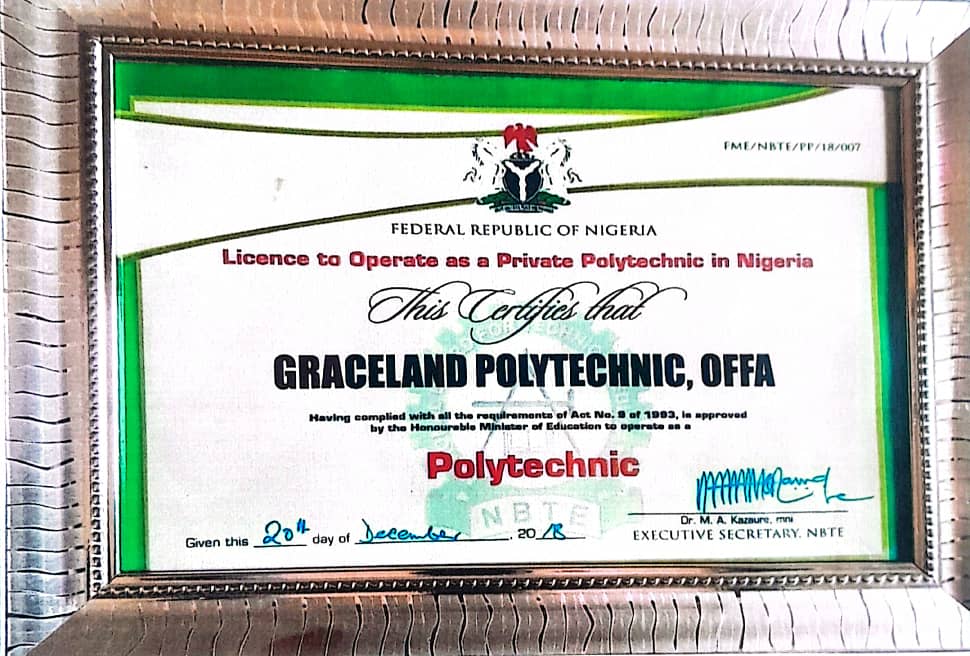
The most recent NBTE accreditation exercise, which covered programmes including Mass Communication and Science Laboratory Technology (SLT), was successfully conducted in January 2025, with official NBTE approval communicated thereafter. These approvals are documented, verifiable, and available to relevant stakeholders.
Contextualising The Transition Period
The publication failed to properly situate the issues raised within the context of a management transition. Any regulatory gaps referenced in the report relate to a period prior to the current administration.
A new Governing Council and Management Team have since assumed leadership and immediately commenced decisive reforms to align all academic, administrative, and admission processes strictly with NBTE standards and national best practices.
Reforms Under The New Management
Since assuming office, the new Management has:
Regularised academic programmes in line with NBTE directives. Strengthened admission and documentation processes.
Improved engagement with regulatory authorities
Prioritised institutional credibility, transparency, and student welfare.
These efforts reflect a clear departure from past challenges and demonstrate a commitment to sustainable institutional growth.
On Students And Academic Progression
The claim that students were “abandoned” is misleading. The Polytechnic has continued to provide guidance to affected graduates within the framework of NBTE regulations, while actively working to ensure that current and future students are not exposed to similar challenges.
Community And National Contributions
Graceland Polytechnic, Offa continues to play a vital role in expanding access to technical and vocational education, Youth empowerment and skills development, Employment generation within Offa and its environs, and Supporting Nigeria’s broader educational and manpower development objectives
Commendation Of The Current Leadership
The Governing Council commends the new Management Team for their courage, foresight, and institutional reforms. Despite inheriting legacy challenges, the team has demonstrated resolve in restoring confidence, strengthening compliance, and repositioning the Polytechnic for a sustainable future.
Within the few years since the assumption of office by the new Governing Council and Management, the Polytechnic has recorded remarkable improvements and strategic developments that are clearly evident. Chief among these achievements is the successful re-accreditation of all existing academic programmes, which are now fully accredited.
Assurance To The General Public
The Management hereby assures parents, students, partners, and the general public that Graceland Polytechnic, Offa is fully accredited and duly regulated by NBTE. All programmes are now run strictly in accordance with NBTE guidelines.
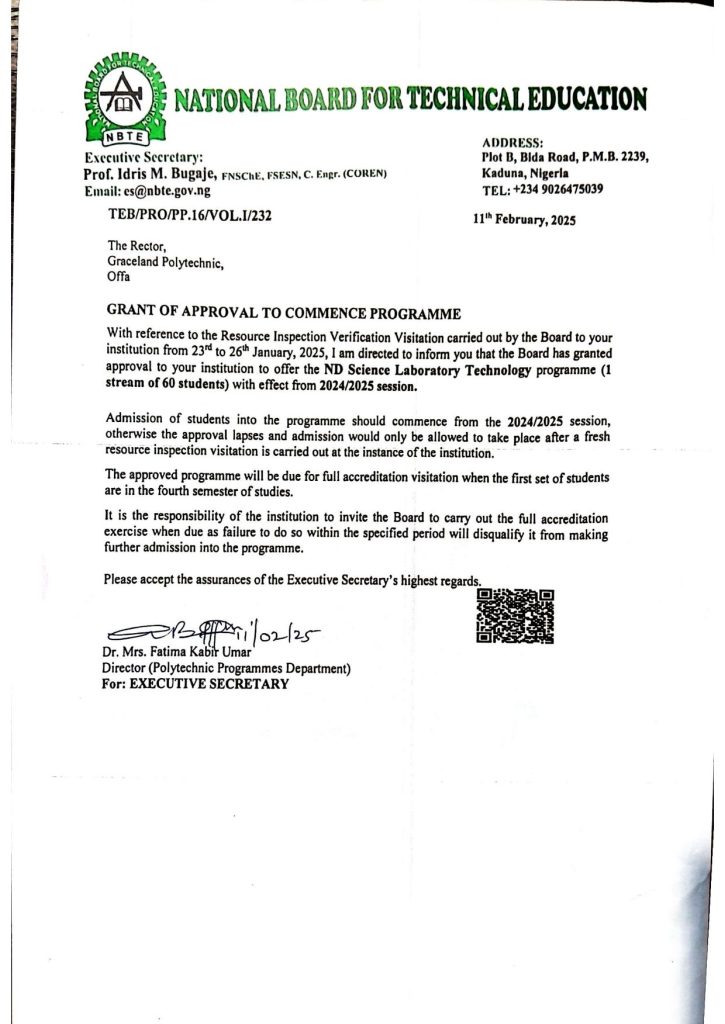
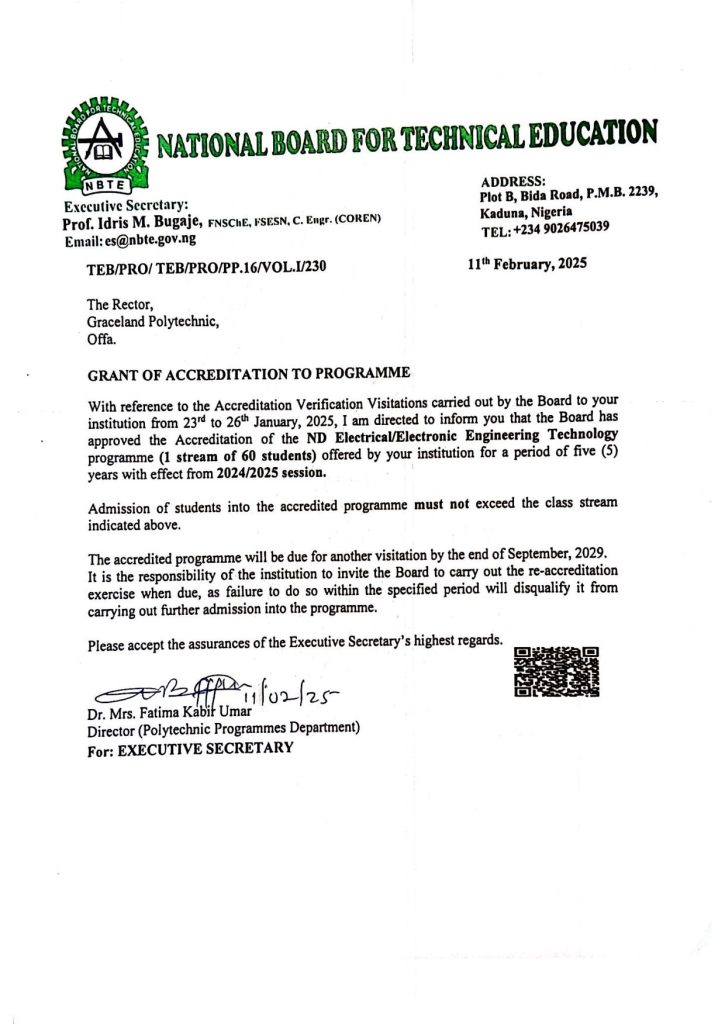
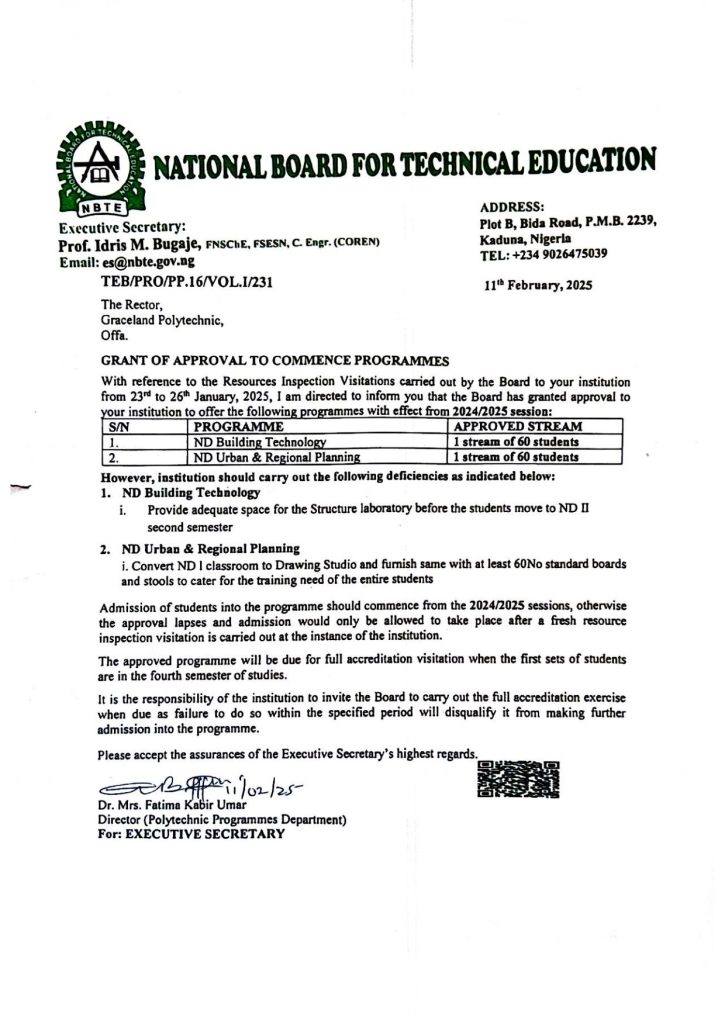
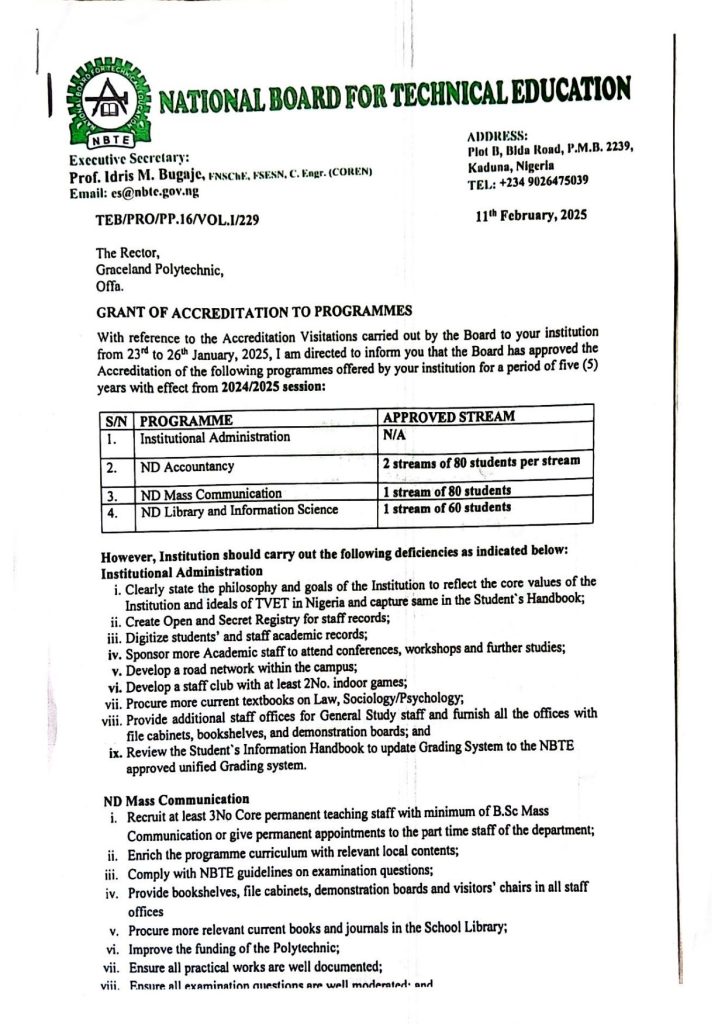
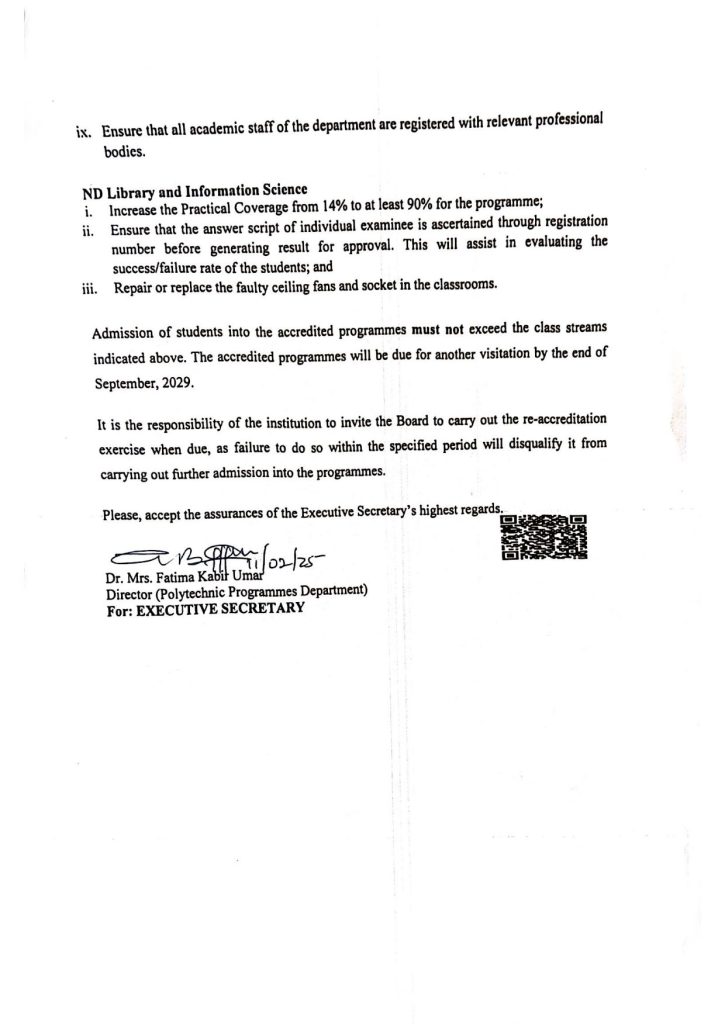
The institution remains committed to academic integrity, quality assurance, and national development. We encourage responsible journalism and constructive engagement that supports educational development rather than undermines ongoing reforms.
Graceland Polytechnic, Offa remains focused on its mandate of building competent, ethical, and industry-ready graduates for Nigeria.
Signed:
Management, Graceland Polytechnic, Offa.
